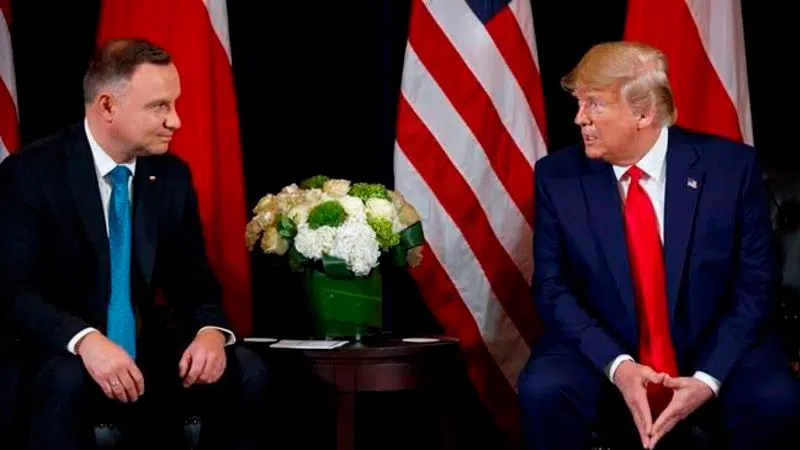
At UN, Trump focuses on religious freedom, not climate
President Donald Trump made his political priorities clear Monday within an hour of arriving at the United Nations for a three-day visit: He breezed by a major climate change summit to focus instead on religious persecution, an issue that resonates with his evangelical supporters.
The climate summit, a centerpiece of this year’s U.N. schedule, was not on Trump’s agenda at all. But he stopped in to observe for about 15 minutes before heading to what he saw as the main event, a meeting on protecting religious freedom.
Trump said it was an “urgent moral duty” for world leaders to stop crimes against faith, release prisoners of conscience and repeal laws restricting religious liberty.
“Approximately 80% of the world’s population live in countries where religious liberty is threatened, restricted or even banned,” Trump said, adding that when he first heard the statistic, he didn’t believe it and asked for verification.


